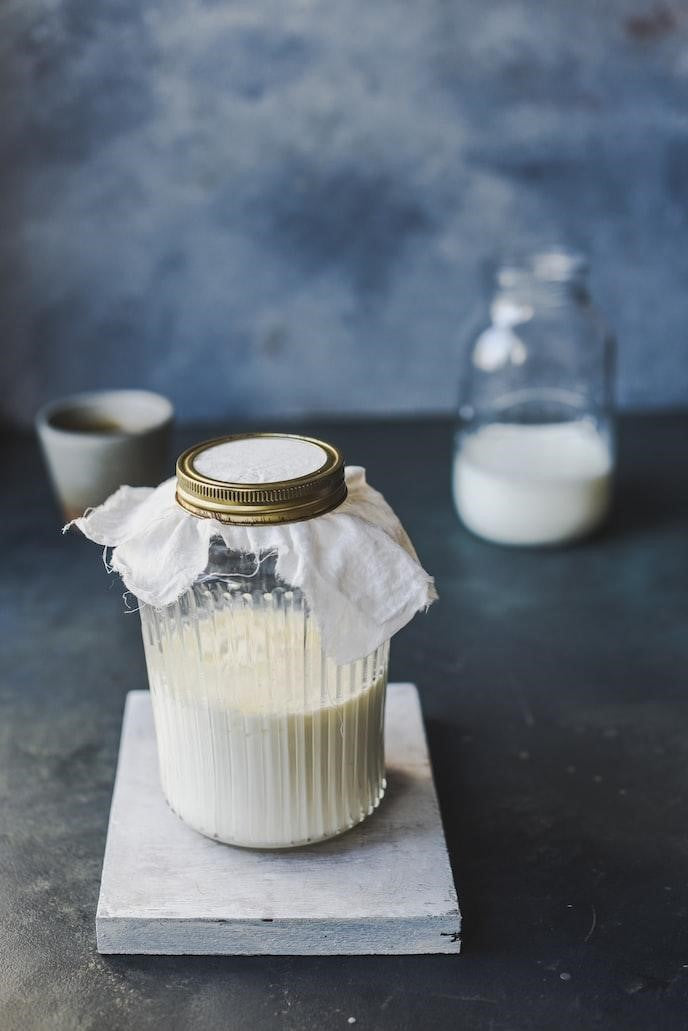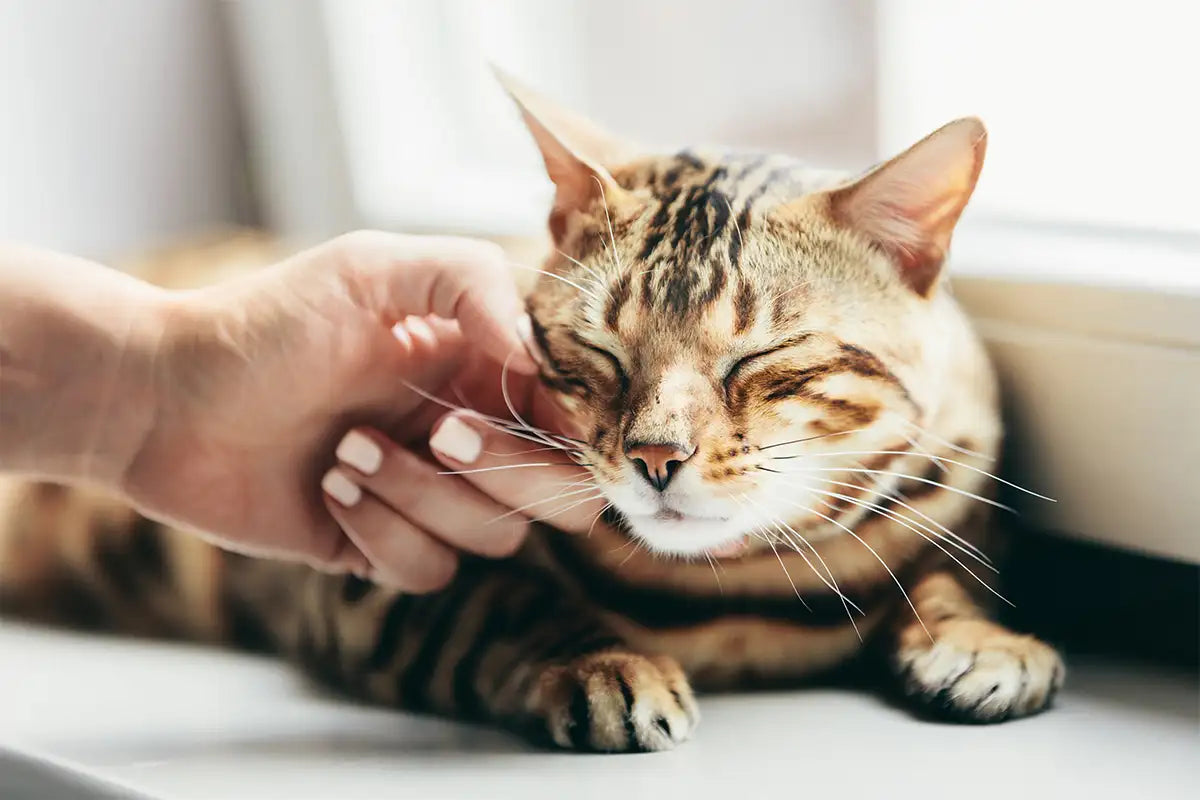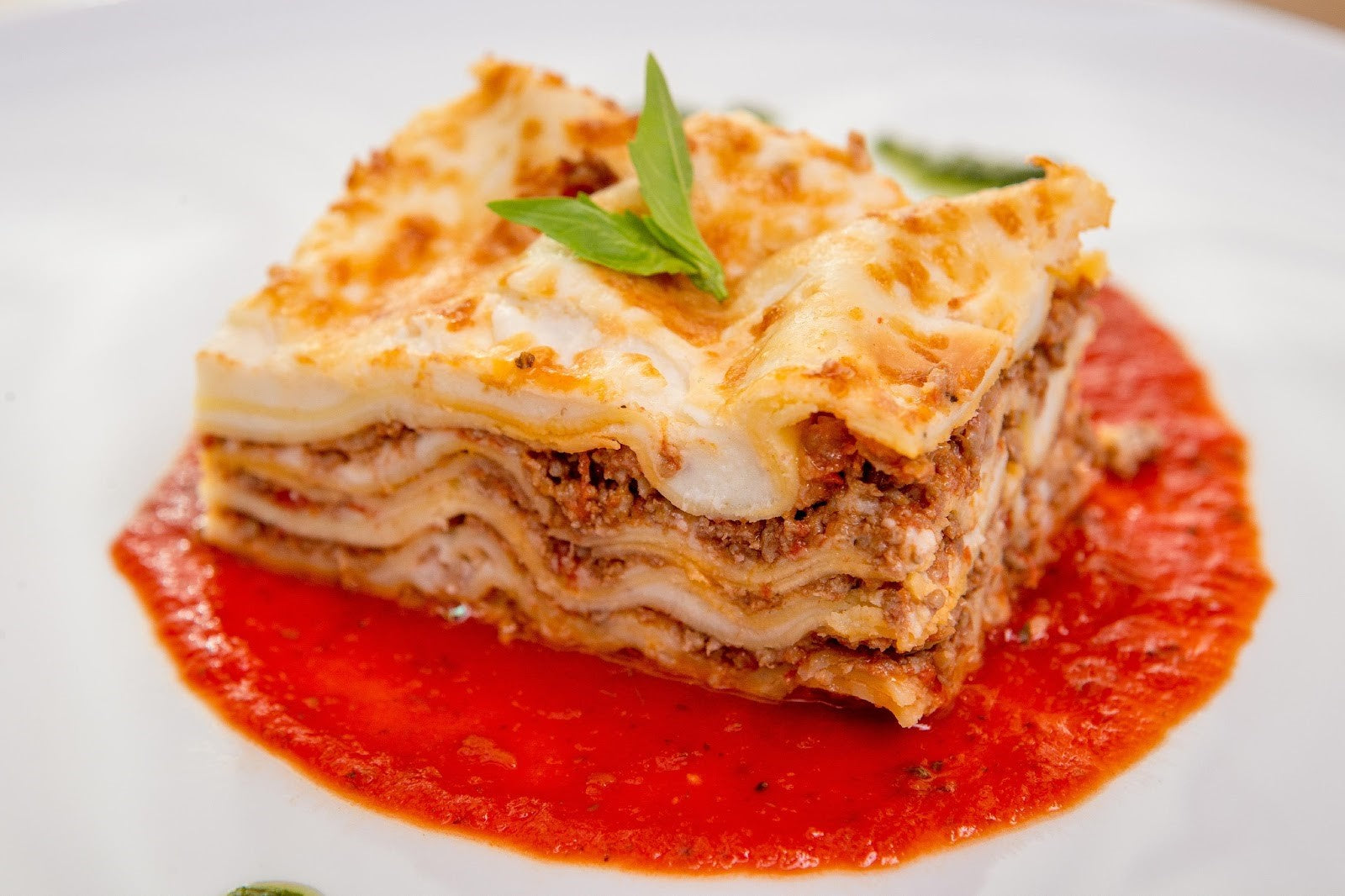
Dill is a feather-like green that can be added to salads and soups. Some people also use it as a garnish for foods like pizza or casserole. The aromatic herb is packed with antioxidants like vitamin C. Humans enjoy the fresh taste of the feathery green and can eat it raw or cooked.
It's already established that dill is a healthy choice for humans but what about cats? We all know how curious these furry guys can get sometimes. Maybe your cat has tried to eat out of your dill salad before and that has got you wondering if it's okay to give them some. Well, the good news is cats can eat dill if they care to. Dill is not considered harmful to them. But remember that your cat is an obligate carnivore. So, you might want to watch the amount of dill you feed them. To find out all about that, keep reading this post.
Can Cats Eat Dill?
Cats can eat dill. Dill is not toxic to cats but in fact, offers nutritional benefits to them. Dill is packed with nutrients and dietary fiber that help your cat with indigestion. But even though dill is considered non-toxic, it doesn't mean they can eat as much as they want. Dill does not contain all the nutrients needed, hence should be given to them in small amounts.

Is Dill Good For My Cat?
Dill contains nutrients that your cats can benefit from. One such benefit is fiber. Dill is a good source of dietary fiber. Fiber helps with indigestion. It adds bulk to your kitty's poo and makes bowel movement easier. If you notice your cat is finding it hard to go, you can sprinkle a few chopped dill leaves on their cat food.
Dill contains a lot of vitamins. Vitamin C is a powerful antioxidant that keeps your cat disease-free and healthy. Vitamin A is also found in dill in a decent amount. Cats need vitamin A for good vision at night and healthy bones and teeth.
Another nutrient that is found in dill is manganese. Manganese is a mineral that can support your cat's brain function. It also supports a healthy nervous system and metabolism. Other important minerals found in dill that can benefit your cat include calcium, zinc, and potassium.
Cats can also benefit from the anti-inflammatory properties of dill. This helps to reduce blood pressure and also, reduces the occurrence of chronic inflammation.
Will Dill Harm My Cat?
Although cats can safely eat dill, it can become a threat to their health if they eat it in excess. If your cat eats too much dill, the fiber content in it can cause them to suffer from an upset stomach and vomiting spells, too.
Also, dill does not contain all the nutrients your cat needs. Cats are meat eaters that require protein for their normal growth. Even though dill contains some nutrients that your cat can benefit from, it does not contain the essential nutrients your cat needs. This can lead to health complications. As such, dill should only be fed to your feline in small amounts.
Cats can eat dill but to enjoy its health benefits, they need to eat a substantial amount of the feathery green. But feeding a lot of greens to your cat is not healthy for them because their digestive tract is not designed to digest plant-based foods. So, your best bet is to stick with giving your kitty only a small occasional amount of dill that may be of little or no benefit to them. But that way you are sure they remain healthy.
How Can I Feed Dill To My Cat?
Cats can eat either fresh or dry dill leaves. Both of them offer the same nutritional benefits to your cat. For the fresh leaves, you can sprinkle some chopped dill leaves on your cat's food as a garnish. The dry dill leaves can be easily purchased from the store. As with the fresh leaves, you can mix a little quantity into your cat's food.
Your cat may have shown interest in grabbing some dill leaves to eat. It's okay to feed the leaves to your cat without mixing them into their food. However, avoid feeding the hard stems and seeds to them to prevent any choking hazards. Also, make sure to cut up the leaves into tiny pieces before feeding them to your cat.
Can Cats Eat Dill Pickles?
Dill pickles contain salt and sugar, both ingredients are not particularly friendly to your cat. Other ingredients in dill pickles that are harmful to your cat are vinegar and sometimes, garlic. These ingredients can cause a lot of harm to your cat's health.
It is not advisable to feed dill pickles to your cat because it offers no benefits to them whatsoever. Your cat is better off not eating dill pickles.
Is Dill Oil Safe For My Cat?
Cats should not be fed dill oil. Dill oil contains some compounds such as ketones and alpha-pinene which can pose a serious threat to your cat. It can also cause skin irritation in some cases.

Can I Feed Dill To My Kitten?
Kittens are relatively smaller in size than regular adult cats. This means that they may not be able to handle the kind of food items that adult cats can handle. They should be fed their commercial cat food to grow properly.
Dill offers no health benefits to your little furry guy, hence they do not need to eat dill. However, if you choose to introduce dill into your kitten's diet, make sure to consult with your vet.
Conclusion
Dill is not considered toxic to cats. Your cat can eat dill leaves if they care to. But you must ensure that they only eat a small portion because dill does not contain all the necessary ingredients your cat needs. It is rare but if your cat shows any allergic reactions like itching or swelling after eating dill leaves, stop feeding the leaves to them immediately and book an appointment with your vet.



